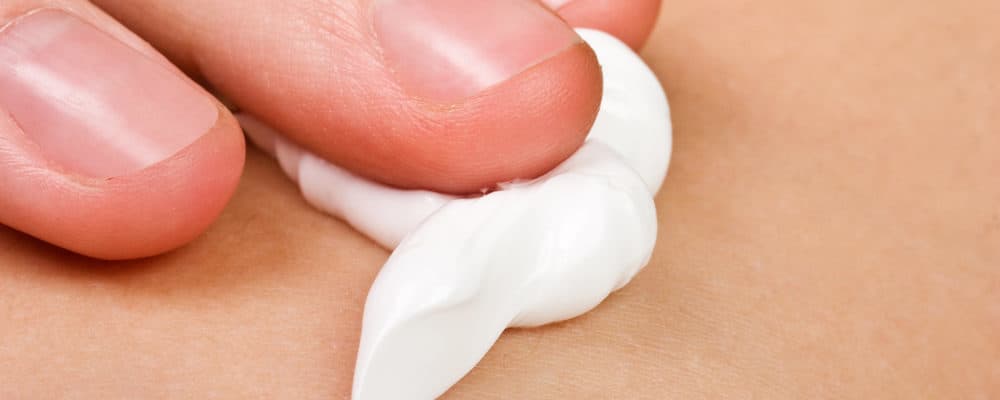
Regardless of the time, women should be beautiful, but using cosmetics while breastfeeding should be careful.
While it is not uncommon to experience skin irritation with pre-pregnancy beauty products, during pregnancy and breastfeeding women need to consider the ingredients that can cause the effect. filler in cosmetics. Chemicals from skin care products can seep into the bloodstream and affect breast milk or, more importantly, cause birth defects.
Petroleum products can cause skin irritation in children
Mothers who are breastfeeding should avoid petroleum-based products that typically contain ingredients such as propylene glycol, mineral oil, kerosene, grease and isopropyl alcohol. These chemical products can cause skin irritation in children.
Formaldehyde can cause an allergic reaction
Formaldehyde is a common ingredient used as a preservative in skin care products. It is often "hidden" in the ingredient with a different name because some users are concerned about the substance. Formaldehyde can cause severe allergies in breastfed babies. Some of the technical names used to indicate the presence of formaldehyde include Hydroxymethylglycinate, DMDM-hydantoin and Methenesmine.
Babies may be sensitive to Paraben
Although most skin care products contain small amounts of Paraben, they are not enough to cause any harm to a non-pregnant woman or a non-nursing mother. Paraben accumulation in the body affects the endocrine system of the sensitive baby. The suffix "paraben" often appears in the ingredient's name, such as Isopropylparaben or Methylparaben.
Stay away from Retinoids while you're breastfeeding
Retinoids are used to reduce wrinkles and are commonplace in skin care products. Retinoids reduce wrinkles by acting on retioid receptors, helping to aid in preventing collagen breakdown and accelerating cell division. Oral retinoids have been reported to cause birth defects in children. Retinoids are listed by several different names including Retin-A, Differin, Tazorac, Retinol or Retinyl.
Do not use face masks containing salicyclic acid while you are breast-feeding
Salicyclic acid is an ingredient used in acne creams and exfoliants under the names BHA, Beta-hydroxy-acid, and Salicyclic Acid. These chemicals penetrate deeply into the skin pores. Salicyclic acid is also available in oral form, and should also be avoided. Masks and lotions are more toxic as it is left on the skin for longer periods of time and is used in greater concentrations.
You should read labels carefully to avoid skincare ingredients that should not be used while pregnant or nursing. However, these ingredients are not always easily identifiable as manufacturers will try to keep the product confidential. If you have any concerns, please consult your doctor for an accurate consultation.
You can see more:
Should moms drink coffee while breastfeeding ?
Does breastfeeding really cause sagging breasts?
Cardiovascular mother healthy thanks to the nursing












